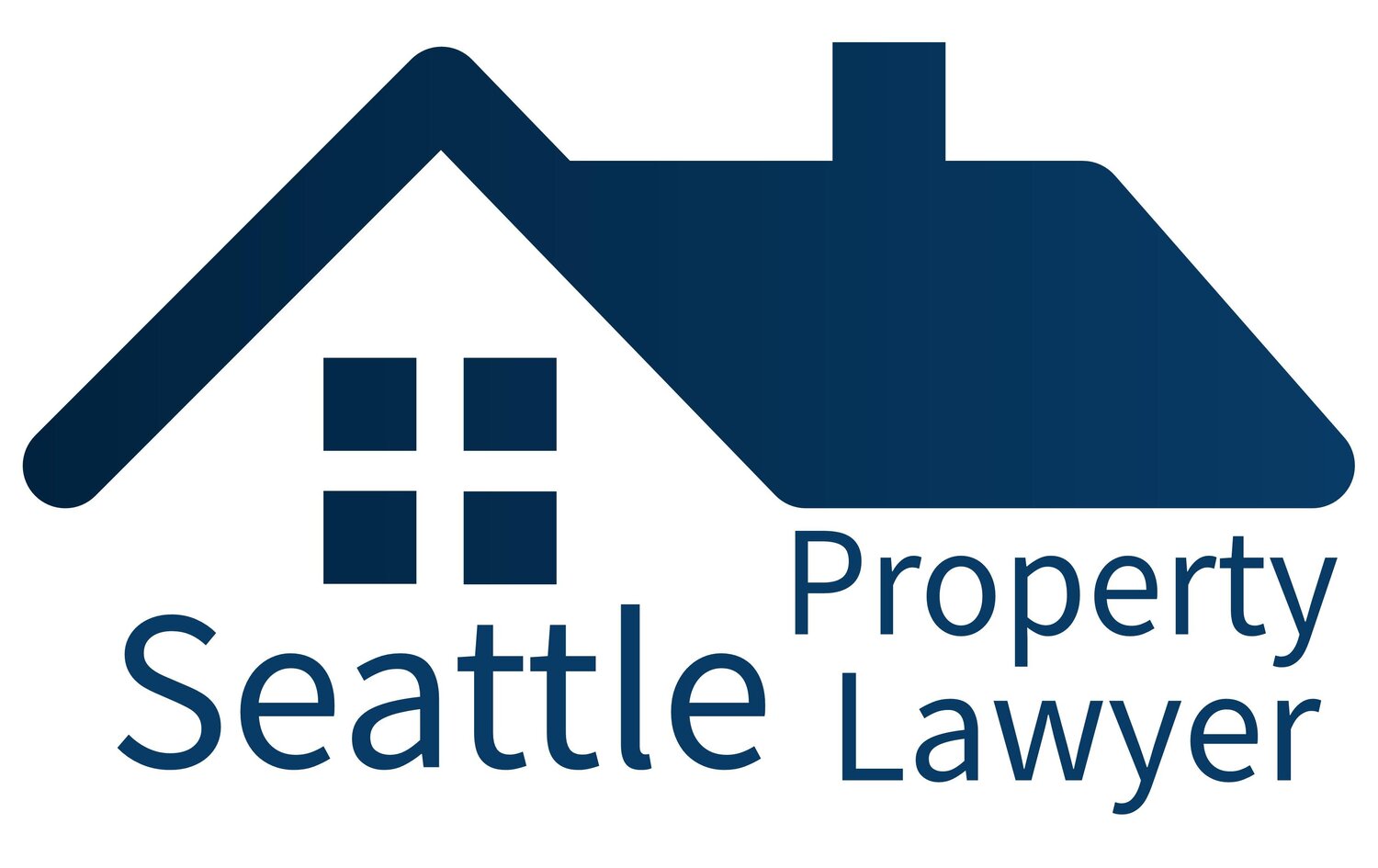Due Diligence Checklist for Home Buyers
/Craig provides this checklist free of charge and without any warranty or guarantee whatsoever. Use this checklist at your own discretion and risk.
Homebuyer Due Diligence Checklist
“Due diligence” is how a prudent buyer goes about making sure it is a good decision to buy a particular house, warts and all. Since every house has warts, it is essential that you identify them prior to closing. If you don’t, you may end up making a very expensive mistake. Here is a checklist that you can use to make sure you complete your due diligence.
⎕ When will you complete your due diligence? Before your offer, or after?
In a hyper-competitive market, where there are more buyers than houses, you may need to consider completing your due diligence prior to making an offer. If you do so, your offer will be a whole lot stronger. But you’ll also incur costs even before you know whether you will get the house. In addition, due diligence prior to making an offer is not as in-depth or thorough as due diligence after you have the home under contract. You need to balance the risk (of incurring unnecessary costs, and not discovering all of a house’s warts) versus the reward (of having your offer accepted) in order to answer this question.
⎕ Review the Seller Disclosure Statement (aka Form 17)
In Washington, most sellers must provide the buyer with a completed Seller Disclosure Statement. The form is commonly known as the Form 17, the designation of the Northwest Multiple Listing Service.
The Form 17 requires the seller to disclose what the seller knows about various aspect of the property. Review it closely. That said…
The Golden Rule of Due Diligence: You should confirm for yourself anything that is important to you. Do not rely on what the seller or the real estate agent may have said, even in writing, whether in the Form 17 or anywhere else. If it’s important, you must confirm it for yourself!
⎕ Inspect, and re-inspect…
The heart of due diligence. Only the most reckless of buyers would even consider buying a house without inspecting it first. Because owning a home can lead to some nasty surprises. You don’t want to be surprised.
Begin with a general inspection. Find a home inspector. Your agent may be a good referral source, or use an online review site to find a good one.
The general inspection is likely to reveal other aspects of the home appropriate for further inspection by a specialist. Common examples include a stonemason to inspect a chimney, an electrician to inspect the electrical system, a roofer to inspect and assess the roof, etc. Follow up as necessary.
Don’t forget the sewer or septic system, a common and expensive “must-fix” item after closing. Particularly for any home 40+ years old, a sewer scope is a good idea.
⎕ Review Title
When you buy a home, you will get a title insurance policy to insure your ownership. The initial step in issuing such a policy is to generate a preliminary title commitment (also known as a title report). The title report gives excellent insight into the condition of the home’s title.
The word “title” essentially means “ownership.” Ownership of a house can be complicated with lots of other people having some degree of “ownership” in it. For example, there may be liens on the property, or an easement across it. These encumbrances will be revealed by the title report.
Have an attorney review the title report and explain its contents and significance to you. An attorney is the only professional qualified to do so.
Do not rely on a “courtesy review” or any other sort of review by the title insurance company. The insurance company’s review is limited to issues that are important to it and not necessarily those that may be important to you (such as an easement).
Make sure your review includes the declaration (if you are buying a condo) or any conditions, covenants, and restrictions (CC&Rs), which are common in newer communities. These documents impose restrictions on how you can use the property. Make sure you are OK with these restrictions.
⎕ Review the HOA finances and management
Many homes are subject to a Homeowners Association (virtually all condos, and many newer communities). Particularly where the HOA is responsible for the upkeep of some or all of the property, like a condo or a community center, it is essential to review the HOA’s financial documents to confirm that it is in good financial health and well managed. Because at the end of the day, if the HOA doesn’t have the money it needs, you will be on the hook once you close. And you will be stuck with the HOA’s decisions, even if you don’t agree with them. Good management is essential.
⎕ Check out the neighbors
There is no cure for the proverbial “Bad Neighbor,” other than to move away. So due diligence requires that you look around: Does the home next door look like a junkyard, or a dog kennel? That’s a red flag. Knock on some doors and introduce yourself. Does the guy across the street seem like a cranky hermit with a nasty temper? That’s another red flag. If there is an HOA, review the meeting minutes (both the HOA, usually annual, as well as the Board, usually monthly). If there is a difficult member of the community, you will likely learn as much from the minutes.
⎕ Confirm the house works for you
Take some time to fully imagine yourself living in the home. Does it work for you? For example, does your car fit in the garage? Will you be able to tolerate the only bathroom being on the ground floor? Once you close and move in, it is too late to discover something about the house that doesn’t work for you.
⎕ Review the closing documents before signing
If you have a lawyer on board, you’ll likely be able to get a copy of your closing documents in advance. Otherwise, be prepared for 100+ pages for your review and approval at your signing appointment. Plus



